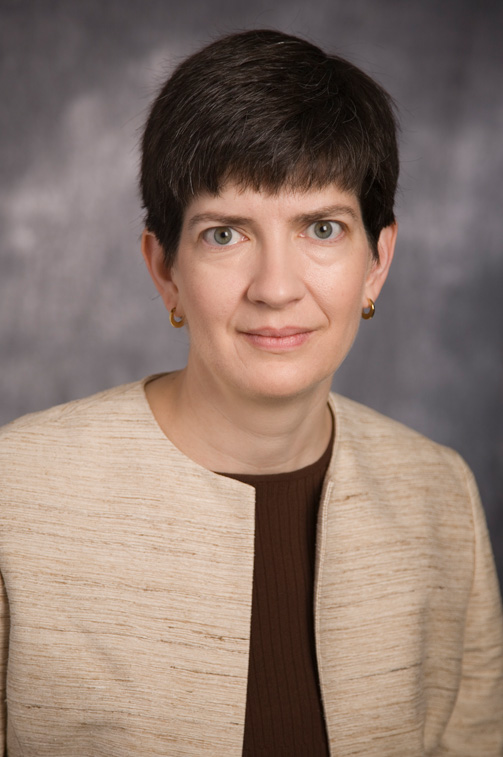An Update on Graduate Medical Education at University Hospitals
August 16, 2020
UH Alumni Association e-Newsletter | September 2020
By Susan Nedorost, MD, UH Director of Graduate Medical Education
 Susan Nedorost, MD
Susan Nedorost, MDRecruiting Residents and Fellows in 2020
Disruption leads to accelerated change as well as innovations. Despite all of the changes that have occurred at University Hospitals because of the COVID-19 pandemic, recruitment in the upcoming academic year is expected to be stronger than ever.
Last year, at the 2019 Annual UH Graduate Medical Education Retreat, we focused on best practices for recruitment to improve diversity among our residents and fellows. We need to be more inclusive than ever. This year we expect that more program directors will enlist faculty and trainees for holistic review of the residency and fellowship applications.
Applicants selected for an interview will meet us ‘virtually.” These online meetings will create an opportunity for us to use standardized behavioral or situational interview questions that are scored according to expected milestones for relevant competencies. The virtual interviews will also save applicants money on travel expenses and allow them to spend more time on educational work, rather than on travel.
Department programs will share aims for graduate performance based on the unique strengths of their program, such as research, urban or rural practice, underserved community care or academic leadership. We will emphasize the following as our institutional educational aims:
- Training physicians who routinely seek the perspective of other disciplines and professions for complex cases
- Training physicians who use technology to enhance efficiency and patient-centeredness
- Training physicians who are rapid adopters of best practices
- Training physicians who practice high value care
- Training physicians who are resilient
We also will celebrate our renewed commitment to creating a diverse and inclusive educational community.
A virtual tour of our facilities that includes the UH Atrium, the residents’ gym, and the core library will be available for all applicants to view.
These challenging times will make us and our educational programs stronger.
Support for Graduate Medical Education
At UH, the graduate medical educational mission is sustained with government reimbursement. The COVID-19 pandemic may threaten that funding.
The Balanced Budget Act of 1997 (BBA) limits the number of medical residents that can be counted toward hospital reimbursement. The increasing number of trainees as well as the increased number pursuing fellowship training have created a situation in which most, if not all, academic medical centers are over the cap.
This is the case for UH Cleveland Medical Center. We need to be able to add new training programs as medicine evolves. Next year we will add a UH-supported slot as part of an integrated Clinical Informatics Fellowship with MetroHealth Medical Center.
We need to increasingly seek external funding in order to train the physicians that society needs. Our Addiction Psychiatry fellowship director Christina Delos-Reyes, MD, was awarded a Health Resources and Service Administration grant this year. The $2.8 million grant, in collaboration with St. Vincent Charity Medical Center’s Addiction Medicine Program, will support an effort to expand training of 16 new Addiction Psychiatry and Addiction Medicine fellows over five years.
The COVID-19 pandemic may threaten even our current level of government reimbursement for Graduate Medical Education (GME). We speculate that funds may be tied to research to improve GME. For the past five years, we have offered annual GME funding for Medical Education research. Last year we brought the Association of American Medical Colleges (AAMC) Medical Education Research Certification course to UH. Twenty-five faculty members participated and 18 completed all six sessions.
We anticipate that this training will increase the quality of submissions for our UH GME Medical Education Research Innovation Awards. We are pleased to report two journal articles published this year in connection with these awards, (Ann Otol Rhinol Laryngol. 2020;3489420918273; and Grad Med Educ. 2019;11(6):668-673. doi:10.4300/JGME-D-19-00311.1)
We are proud of the quality of our learning environment and aim to continuously improve. With alumnae contributions specifically to support the UH GME program, we can improve simulation resources, library resources, and the technology to capture workplace assessments of resident competencies.
I encourage you to stay in touch and up-to-date on the latest happenings through the UH Alumni Association.
Tags: Medical Education, UH Alumni News


